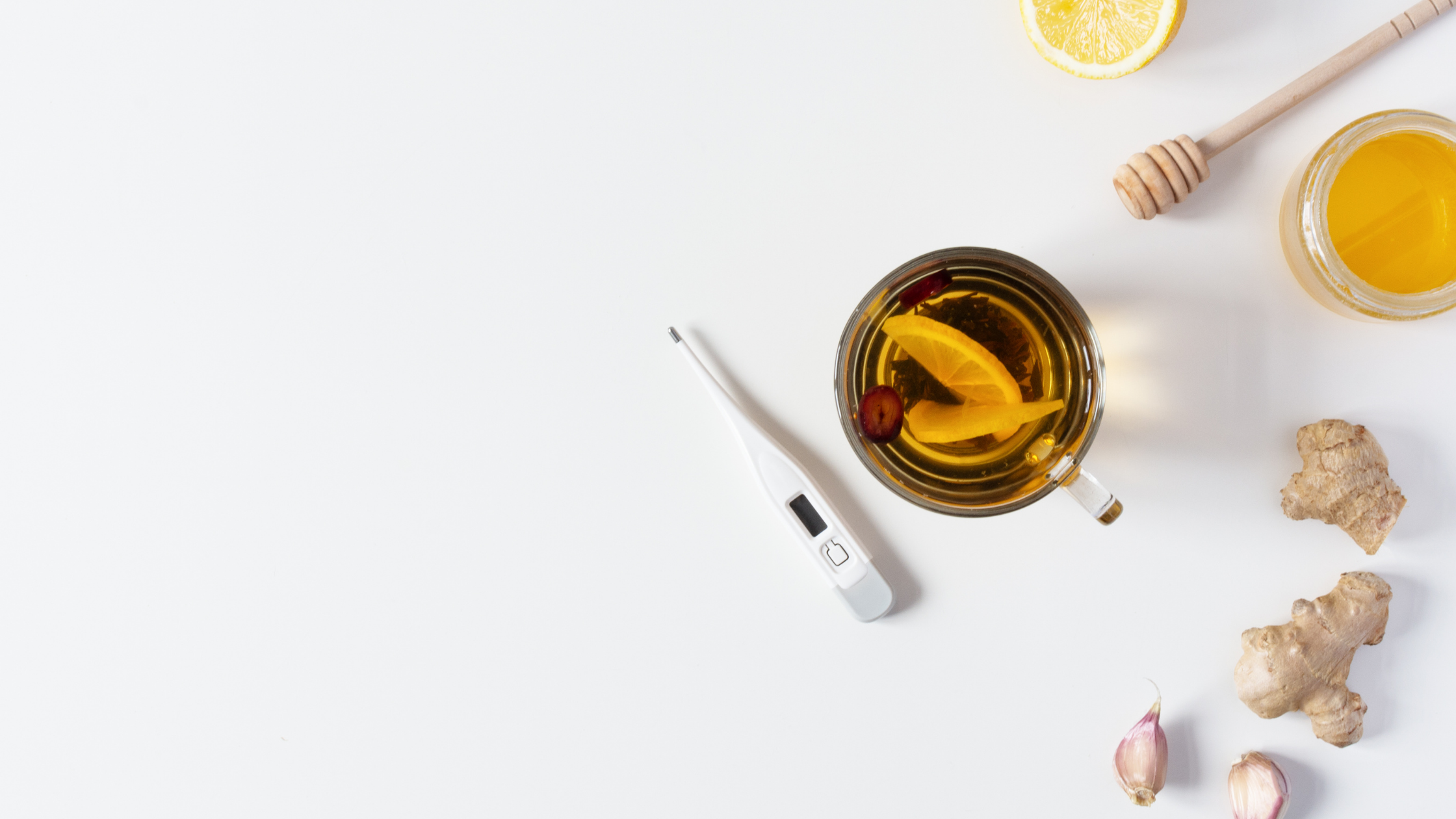Should you sing when you are sick?
It's no secret that when you're feeling under the weather, your singing voice is one of the first things to go. You may find that your throat is sore and it's difficult to make any sound at all. But what exactly happens to your vocal folds when you are sick?
Can I sing when I am sick?
It's no secret that when you're feeling under the weather, your singing voice is one of the first things to go.
And more importantly, what can you do to protect them and keep your singing voice healthy?
In this blog post, we'll take a closer look at the science of sickness and vocal fold swelling, and give you some tips on how to maintain your vocal health even when you're not feeling well.
When you're sick, your body is fighting off an infection. In order to do this, your immune system kicks into high gear and produces more white blood cells. These white blood cells travel through your bloodstream and eventually make their way to your vocal folds.
Once they reach the vocal folds, they begin to release a substance called histamine. Histamine is a chemical that helps to fight off the infection. However, histamine also has the side effect of causing the vocal folds to swell.
This swelling can lead to inflammation and irritation of the vocal folds, which can in turn cause hoarseness, loss of voice, or even pain when speaking or singing.
So what can you do to protect your vocal folds when you're sick?
First and foremost, it's important to stay hydrated. Drink plenty of fluids, preferably water or herbal tea. This will help to thin the mucus that is produced by the inflamed vocal folds, making it easier for you to expel it when you cough or sneeze.
It's also important to rest your voice as much as possible.
Avoid speaking or singing for long periods of time, and take breaks often if you need to use your voice for work or other activities. If you do find yourself losing your voice, try using a humidifier in your home or office to keep the air moist. This will help to prevent the vocal folds from drying out and becoming further irritated.
HUMIDIFIER
Humidity is the most common cause of a dry throat. If you're prone to this problem, buy yourself some good old-fashioned moisturizing therapy with humidifiers! Humid air will keep your vocal cords from getting worse when your sick too - perfect for any singer who has been experiencing uncomfortable side effects due low humidity levels in their home or studio setup
By following these simple tips, you can help to protect your vocal folds when you're sick and keep your singing voice healthy. Remember, the key is to stay hydrated and rest your voice as much as possible. If you do find yourself losing your voice, try using a humidifier to keep the vocal folds moist. With a little care and attention, you can keep your voice in top form even when you're not feeling your best.
Sickness is never fun, but it doesn't have to ruin your singing voice. By following these tips, you can help to keep your vocal folds healthy and prevent further damage. So next time you're feeling under the weather, don't forget to take care of your voice!
Hi there!
I'm Stacey Jane THE VOICE COACH
I created this blog to help other singers learn more about how to care for their voices. If you have any questions or suggestions for future blog posts, please contact me at staceyjane@staceyjanevocals.com
Stacey Jane ✌️
THE VOICE COACH
Music for the Soul
Music is a form of art that has been used to heal and soothe the human soul since time immemorial. Whether it's an artist who uses their lyrics to tell stories about their life, or someone who uses instruments and notes to create melodies for people to sing along
Music is a form of art that has been used to heal and soothe the human soul since time immemorial.
Whether it's an artist who uses their lyrics to tell stories about their life, or someone who uses instruments and notes to create melodies for people to sing along with, music is one of the most powerful ways we have found as humans to connect with one another.
Listening to music can also make us happier and be more productive.
The release of dopamine in our brains makes life a little brighter, while the expansive nature of songs help get creative juices flowing and insights popping out!
Music is an important part of who we are as humans, so it's no surprise that listening has great benefits for both productivity and happiness.
When you hear something new or fun, your brain releases dopamine which helps keep things exciting even when times seem tough - releasing adrenaline into your system gives you some boost where needed most; plus those feel-good vibes from being enveloped by sound will have other social effects like increasing energy levels or helping with focus - leading to innovative breakthroughs along the way.
So TURN UP THE MUSIC!
Stacey Jane
THE VOICE COACH







